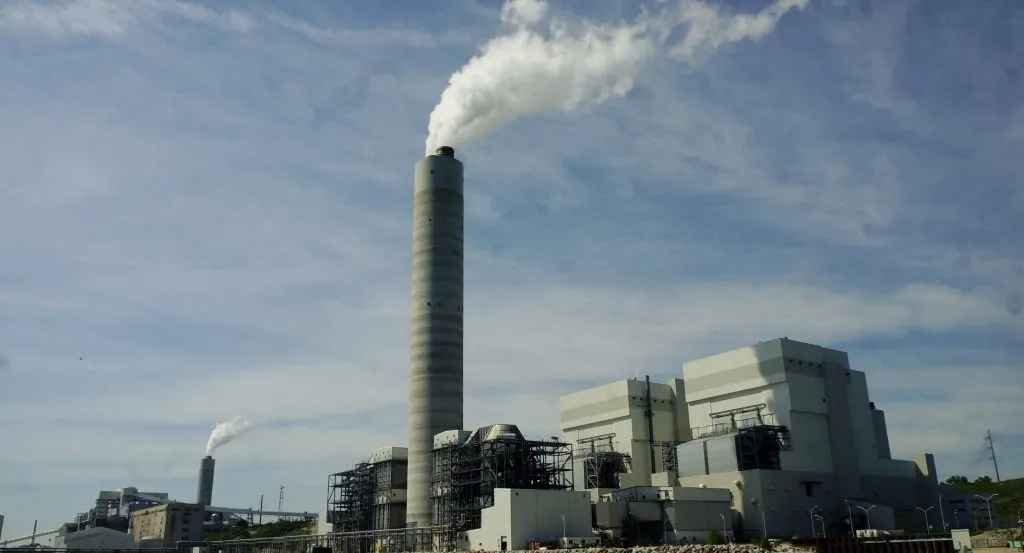Retiring coal plants is good news, but it must happen faster.
The state’s largest energy provider has announced plans to stop burning coal within the next 14 years. WEC Energy Group, which owns the two largest remaining coal-fired plants in Wisconsin – Elm Road Generating Station in Oak Creek and Weston Power Station in Marathon County – says coal will be phased out, supplying less than 5% of its power by 2030 and eliminated altogether by 2035.
Working to retire coal plants has long been a priority for Clean Wisconsin and our partners, and the move is a critical step in the fight against climate change. But to make the immediate impact that is so desperately needed, WEC’s timeline must be more aggressive, especially considering the size of its Elm Road plant.
“Elm Road is enormous. In 2020, it emitted over seven million metric tons of carbon into the environment,” says Clean Wisconsin General Counsel Katie Nekola. “If that plant runs until 2030, that’s eight more years’ worth of massive carbon emissions. We don’t have time for that.”
Clean Wisconsin opposed construction of the plant, which went online in 2010, well after coal’s role in climate change was understood. Now, as Wisconsinites deal with more flooding, warmer winters and often-scorching summers, and worsening air quality from neighboring wildfires, WEC has the opportunity not just to take action, but to move at the urgent pace this crisis demands.
“After decades of inaction on climate change, we can’t afford to postpone any longer. We need to pick up the pace for the health of our climate and communities,” says Clean Wisconsin Climate Solutions Director Chelsea Chandler.
WEC says it will transition its massive Elm Road plant to gas, which is not a clean energy source and will continue to add more carbon into the environment. Chandler points to the company’s plans for a greater investment in renewable energy sources, like solar with battery storage, as a far better approach to transition away from coal.
“We shouldn’t be investing in other fossil fuels like natural gas that deliver, at best, marginal improvements,” Chandler says. “Instead, we should direct our efforts toward true climate solutions – renewable energy, energy storage, and energy efficiency. We look forward to working with WEC as it pursues this critical transition.”

